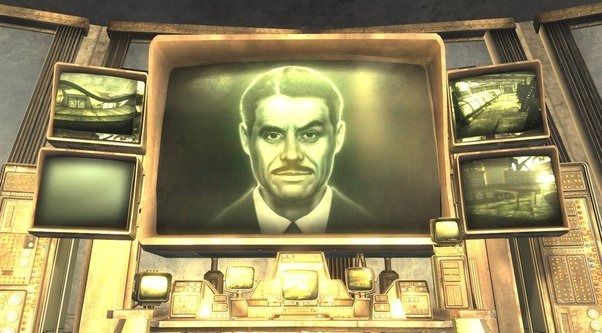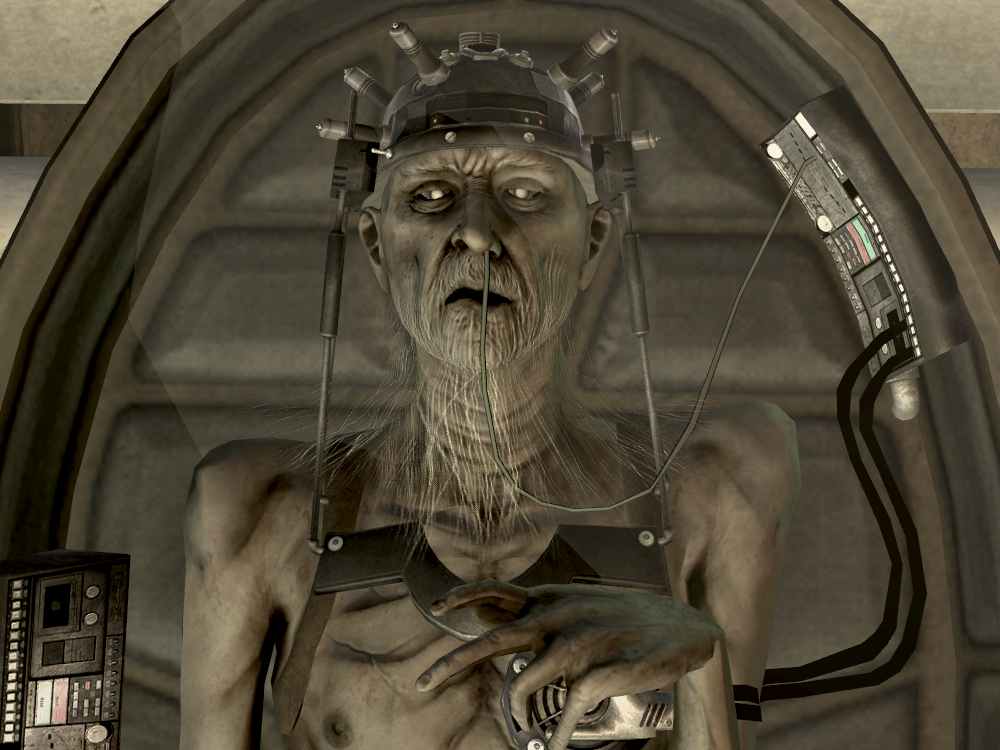Exposing the omnioptence paradox as a non-paradox
Introduction & Analysis
The so called omnipotence paradox is a well known paradox pertaining to God's eternal power. It is set forth as a question, and the answer expected is a yes or no.
Could God create a stone so heavy that even he could not lift it?
— Omnipotence Paradox —
Suppose God creates the stone and it is before your very eyes (perhaps it is a mystical pebble), can God then lift this pebble?
Behold, I am the LORD, the God of all flesh: is there any thing too hard for me?
— Jeremiah 32:27 —
Suppose God can and does lift the stone. Here we go: God lifted the unliftable stone. Wait a minute, that means the stone was liftable and so God failed to create an unliftable one. This sequence of events could not have happened.
Nevermind that then. Suppose God can't lift the stone. Hold on, this means God is not omnipotent because there is something that he cannot do.
Ignore that too. Suppose God can't create the stone, then...well... that obviously won't work. Suppose... what's that? We're out of options?
... well this game's rigged, isn't it?

The critique
Omnipotency is defined as the ability to do anything. However, what if the stone is an illogical fabrication of the mind? In that case, it has no relation to reality and the paradox can be dismissed as a non-paradox.
Consider another paradox.
All Cretans are liars.
— Epimenides Paradox —
Epimenides, if we take it to the letter (seeing as the true understanding differs), said something which has consequence for himself, and the self-referential nature of what he said is what makes it a paradox by self-negation, much like the Liar Paradox.
One of themselves, even a prophet of their own, said, the Cretians are alway liars, evil beasts, slow bellies.
— Titus 1:12 —
However, to put simply, what Epimenides said was not a statement at all, since no truth value can be given to it (again, by the letter). In a similar way, inventing a vain imagination or vain thought in question form has no bearing on reality.
The LORD knoweth the thoughts of man, that they are vanity.
— Psalm 94:11 —
According to his folly
To highlight the illogical underpinnings of the original paradox, let us construct a new paradox having the likeness of the first.
Is an anti-reflexive object identical to itself?
— Universal Paradox —
Much like the omnipotence paradox, an analoguous paradox can be drawn where we combine some universal statement which is taken to be true and a falsely constructed outlier (which is not an outlier). Here, the accepted universal truth is that all objects are identical to themselves. As for the outlier, of course, it is the anti-reflexive object—an object, which is not identical to itself.
In fact, this is the more general template of the paradox, and you can see the similarities to the original if you run the options.
As for Mr. House, his final hour has come.

Well said, Mr. House, well said...